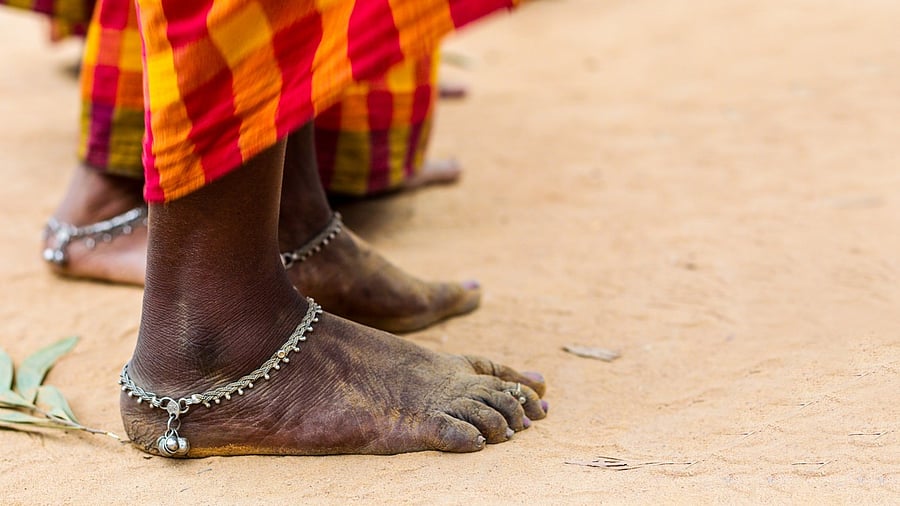
Untouchability: A collective failure
Photo for representational purpose.
Credit: iStock photo
Even 75 years after Independence, a damning truth confronts the country: the chains of caste oppression remain unbroken. The Justice H N Nagamohan Das Commission’s report on internal reservations lays bare an uncomfortable truth – untouchability remains deeply entrenched in our social fabric.
This is not merely discrimination; it is a brutal system of oppression that has adapted to modern times while retaining its medieval cruelty. The Commission’s findings shock the conscience: 75 per cent of Scheduled Caste (SC) members still face untouchability, with the Madiga community suffering the worst.
The manifestations are barbaric: denial of entry to temples, exclusion from community dining, segregation in schools, separate drinking glasses, and bonded labour. Most shocking are the complaints of sexual violence and forced consumption of human excreta.
All 101 SC castes in the state experience some form of discrimination, ranging from severe to moderate oppression, proving that no Dalit community is untouched by this social scourge.
The report also flags a disturbing pattern in reporting these atrocities. Only relatively empowered Dalit communities are reported to have filed complaints. While ten communities accounted for more than 100 atrocity cases in the last five years, 45 registered none. This is not because they were spared but due to their dependence on the dominant castes for livelihood, fear of retaliation, and the absence of a supportive environment.
The abysmal single-digit conviction rate under the SC/ST (Prevention of Atrocities) Act, caused by police apathy, witness intimidation, and protracted trials, only emboldens perpetrators. Three urgent reforms must guide Karnataka’s response. First, education must be the equaliser. Second, economic empowerment should reach the poorest of Dalits, not just a privileged few within the community. The committee’s identification of the most marginalised subgroups can help targeted welfare policies. Third, the justice system needs an overhaul – exclusive special courts, a witness protection mechanism, and time-bound trials are non-negotiable.
The report is not just a document – it is an indictment of our collective failure. Karnataka, which is home to India’s IT revolution, cannot claim progress while such dehumanising practices persist. The state must launch a comprehensive mission that combines education, economic justice, and legal reform. More importantly, civil society and political leadership must demonstrate the courage to confront this shameful reality. Until every Indian can drink from the same well, eat at the same table, and worship in the same temple, our freedom remains incomplete. Only decisive action can redeem the promise of our Constitution.
